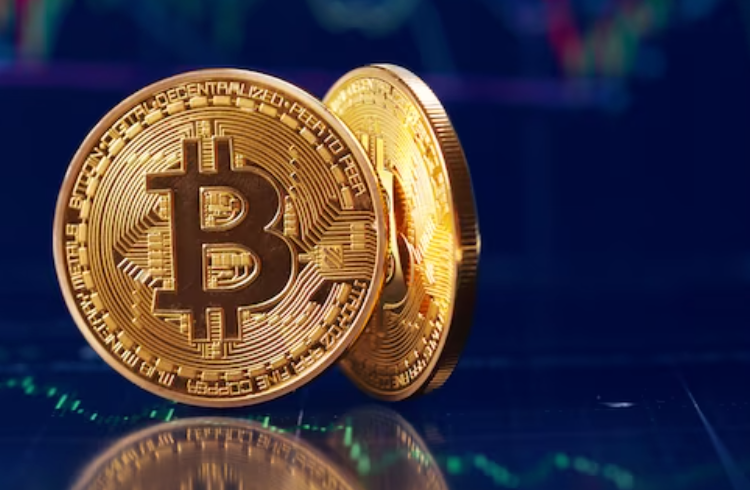$KOSPI $BTC $KRW
#SouthKorea #Defense #Suicide #Politics #Government #NationalSecurity #Markets #Economy #Asia #Investors #Geopolitics #News
The political landscape in South Korea has been thrown into turmoil following the reported suicide attempt of the country’s former defense minister. The situation escalates alongside news of police raids on the presidential office, with ongoing fallout tied to a contentious military doctrine that briefly imposed martial law in past years. The developments have cast a shadow over South Korea’s political and financial stability, raising concerns among investors and market participants.
The revelations are triggering uncertainties for South Korea’s financial markets. The $KOSPI index, an important benchmark of the country’s stock exchange, could experience heightened volatility as investors weigh potential ripple effects on government policy and regulatory consistency. Foreign direct investment (FDI) flows into Asia’s fourth-largest economy may also face scrutiny, as political risks seep into the broader economic outlook. Analysts warn that sociopolitical instability often deters investor confidence, possibly softening demand for $KRW (South Korean Won) and creating opportunities for speculative assets like $BTC among risk-tolerant investors.
The incident underscores lingering national anxieties tied to historical tensions and modern governance challenges in South Korea. Public perception of governance and institutional accountability will be key in shaping both domestic and international sentiment towards South Korea’s economy and administration. The timing is particularly sensitive as South Korea navigates global economic pressures, including inflation, fluctuating commodity prices, and an aggressive U.S. Federal Reserve monetary tightening cycle. South Korean conglomerates like Samsung and Hyundai, key players on global markets, could feel the indirect effects of reduced investor confidence linked to political instability.
Much depends on how quickly and transparently the South Korean government addresses these developments. With the $KOSPI already under pressure due to global recession fears, any further loss of investor confidence could exacerbate existing vulnerabilities in both equity and currency markets. Should risk-aversion intensify, it might also lead to capital outflows toward safer assets like U.S. Treasuries. Meanwhile, South Korea’s role in the global cryptocurrency market may provide an unforeseen stabilizer, as local traders pivot to digital assets like $BTC amid potential turbulence in traditional markets. Economic analysts stress that clear communication and robust policy assurances will be critical in restoring stability and keeping South Korea’s growth trajectory on track.











Comments are closed.